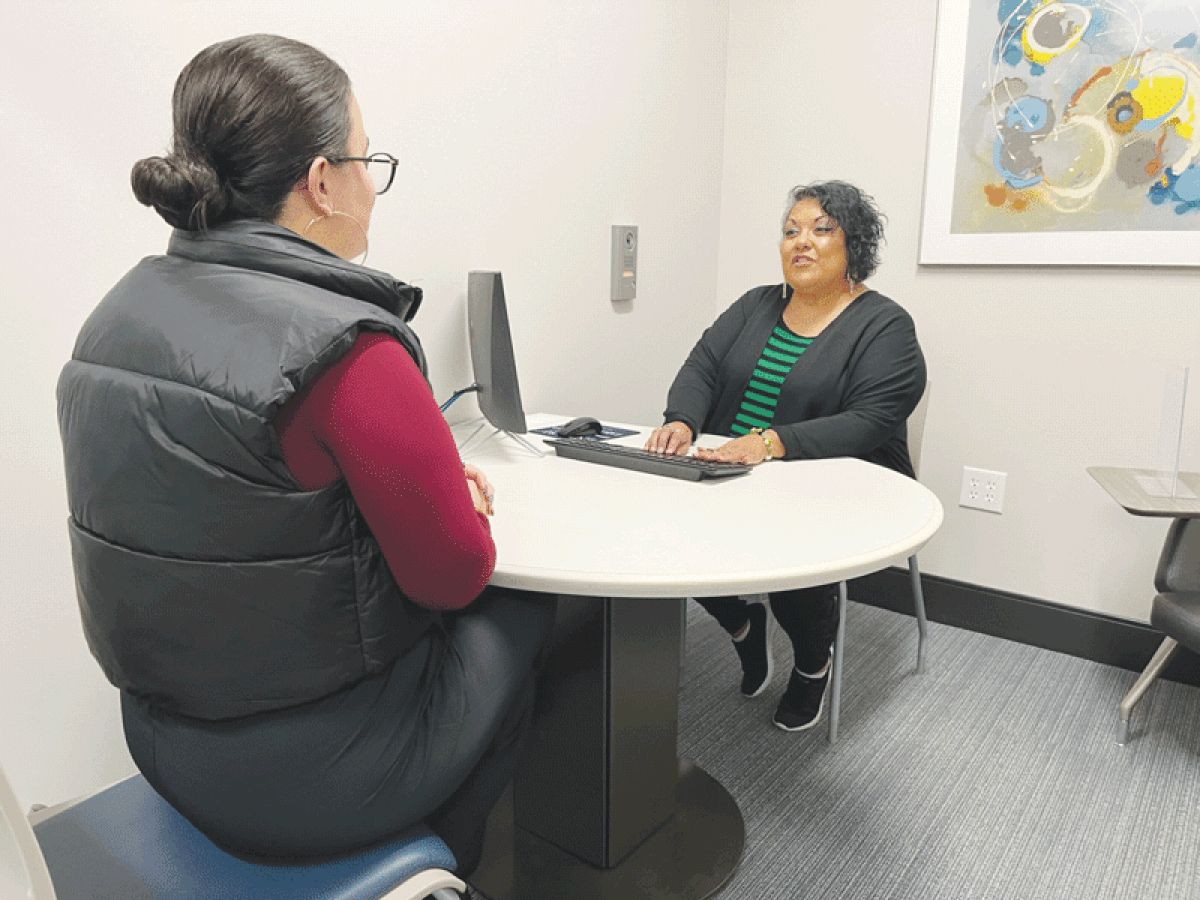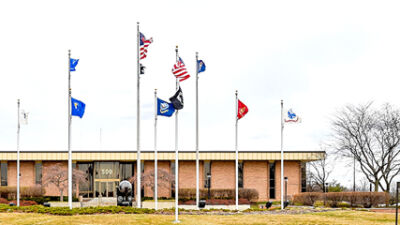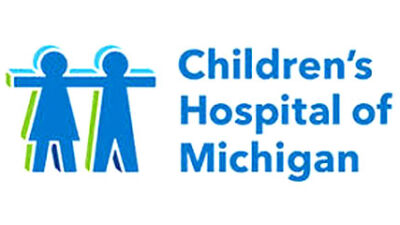TROY — A Troy business has partnered with a local nonprofit to assist those who are starting over after being victims of human trafficking.
Once people escape from human trafficking and abuse situations, their challenges often do not end there. In many cases, they must then find a way to make their way through life while starting over with little or no resources and no support network like family or friends.
Entech, a staffing business in Troy, runs a program in coordination with Hope Against Trafficking, a nonprofit based in southeast Michigan.
“Most of the survivors we deal with who are 18 and up often come to us without a lot of job experience,” said Lexie Schwarze, Hope Against Trafficking’s executive director. “Most dropped out of school because of the situation they were in, so they often don’t have job skills or a complete education. We’ve partnered with Entech to provide them with a 12-hour training program so they learn things like office etiquette, phone etiquette, how to make a resume and cover letter, and so forth. They also have the chance to interview with a female as well as a male. They learn how to do phone interviews, Zoom interviews and in-person interviews.”
Kathy Camara, the CEO and owner or Entech, said that the partnership began with a personal connection when members of both organizations realized how much help they could be providing to Hope Against Trafficking’s clients.
“Our connection with Hope Against Trafficking started when I was at a baby shower and sat across from someone who had a relationship with this organization. We talked about what she did and what they do, and it sounded like something we’d really be interested in working with,” said Camara. “They’ll learn to use the phones, use a copier, and learn how an office and work environment works. … It’s a team of women building up women.”
The staffing business ordinarily connects those looking for jobs with businesses seeking new employees. However, this program ensures that those who take part in this program are not only learning skills but doing so in an environment that is sensitive to their experiences.
“Hope Against Trafficking has guidelines for trauma-informed care,” said Emma Hampton, the marketing and community affairs coordinator. “All of their volunteers have to be aware of these guidelines. So, not only did they come to our office and have a survivor come to our office and speak about her experiences, but we had training for our members to be trauma-informed. This includes things like not touching them, not even a hug.”
The clients take part in Entech’s training as part of a free recovery and support program run by Hope Against Trafficking.
“We’re a two-year independent home, and everything is completely free,” said Schwarze. “We’re a holistic, free-living environment where we offer emotional, physical and spiritual support. We have job readiness training, nutrition, cooking, mental health support, health support and more. We want them to be able to dream a dream and then execute that dream.”
Hampton said that in addition to skills, one of the most important aspects of the program is being able to remind the clients that they are capable of standing on their own two feet.
“We give them skills and give them a resume, but we don’t want to be overly critical because we want the women to go through our program and feel really confident at the end,” she said. “We want them to feel like they have something to bring to the table.”
“Once they graduate from the program, they move out of the houses they are in and are required to start their own life,” added Camara. “They have to have job skills in order to earn an income and get to and from work. I think this also helps give them confidence to step out into an environment that they haven’t been in in a long time, if at all.”
Schwarze said Hope Against Trafficking has been working with Entech for two and a half years, supporting them not only through this partnership but by donating funds so they could get a new van to assist with travel to things like interviews, doctor appointments and jobs.
She thinks the results from the partnership have been incredibly important.
“We have seen good results with this partnership,” Schwarze said. “A couple of our ladies have gotten amazing results. One is working full time, has gotten a driver’s license and car, and has been reunited with her family and children. Another who had some horrific experience occur to her while she was being trafficked and now she is working with people, which was a big step, since she had such difficulty trusting people, especially men.”
Members of both organizations believe they are doing a lot of good for a group of people who are at a point in their lives where a helping hand can make a huge difference.
“Second chances are so important for every individual,” said Schwarze. “Oftentimes we might not make the right decisions or have decisions made for us. When given the opportunity to regain our independence, dignity and worthiness, we are able to become a happy, functioning individual in society.”
Those who are seeking help or would like more information about Hope Against Trafficking can contact them by going to hopeagainsttrafficking.org/contact, calling (248) 499-8416 or emailing hello@hopeagainsttrafficking.org.
 Publication select ▼
Publication select ▼




















